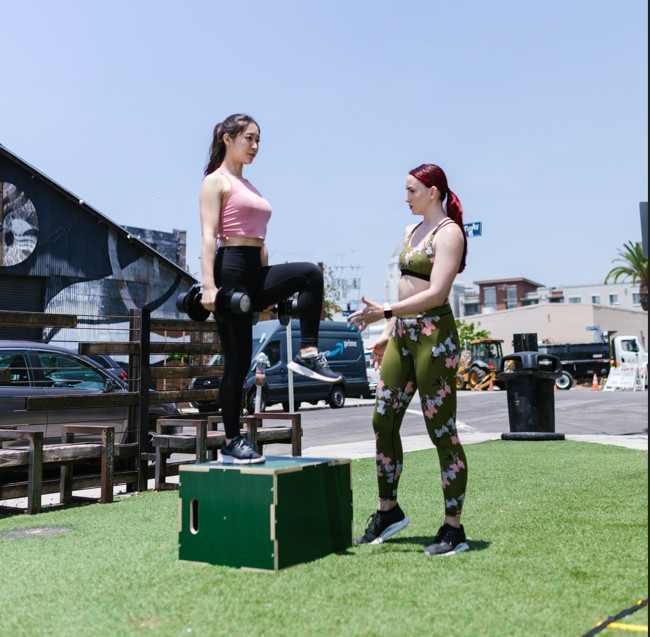Outdoor exercise is not only a great way for teenagers and young adults to stay physically fit; it also has many benefits for mental health and general wellbeing too.
With the rise of technology and sedentary lifestyles, it is more important than ever to encourage this age group to get active and spend time outside. In this blog post, we will explore the many benefits of outdoor exercise for this group and why it is crucial for health and wellbeing.
-
Physical Health Benefits
Outdoor exercise provides numerous physical health benefits, such as:
- Improved cardiovascular health: Outdoor exercise, such as running, biking, or hiking, can help improve cardiovascular health by strengthening the heart and lungs.
- Increased strength and endurance: Activities like climbing, jumping, and playing sports can help build strength and endurance, which can lead to improved overall physical fitness.
- Boosted immune system: Spending time outside and getting fresh air can also help boost the immune system, reducing the risk of illness and disease.
-
Mental Health Benefits
In addition to physical health benefits, outdoor exercise also provides many mental health benefits. These include:
- Reduced stress and anxiety: Spending time in nature and getting physical exercise can help reduce stress and anxiety levels.
- Improved mood and mental wellbeing: Exercise releases endorphins, which can improve mood and mental wellbeing.
- Increased creativity and focus: Studies have shown that spending time outdoors can increase creativity and focus, which can help teens to perform better academically.
-
Social Benefits
Outdoor exercise can also provide social benefits, such as:
- Improved teamwork and communication skills: Playing team sports or participating in group outdoor activities can help improve teamwork and communication skills.
- Increased social interaction: Spending time outdoors with friends or participating in outdoor activities with others can help build stronger social connections.
- Reduced feelings of isolation and loneliness: Getting outside and participating in outdoor activities can help reduce feelings of isolation and loneliness.
Getting teens and young adults to spend time outside and participate in outdoor exercise activities can have many benefits for their physical and mental health, as well as their social wellbeing. Encouraging outdoor exercise can be as simple as taking a walk, joining a local sports team, or exercising on a nearby outdoor gym. By prioritising outdoor exercise, we can help teens and young adults, and indeed any other age group or demographic, to lead healthier, happier lives.

